Trending
Are oats healthy? 7 facts to know before digging into that bowl
Oats, scientifically known as Avena sativa, are a nutritious cereal grain rich in fiber, vitamins, minerals, and antioxidants. They promote heart health by lowering cholesterol and help control blood sugar levels. Studies suggest oats can be consumed daily and may contribute to a healthier lifestyle. Choosing less processed oats without artificial additives is recommended.
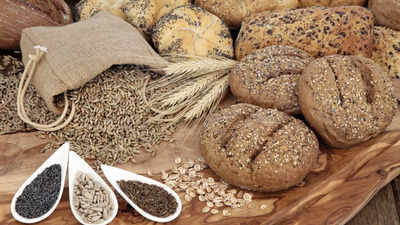
Are oats a healthy choice?
Okay, that was just as near as being served with an actual bowl of oats, but are oats as healthy as they seem to be? Well then let's find out!
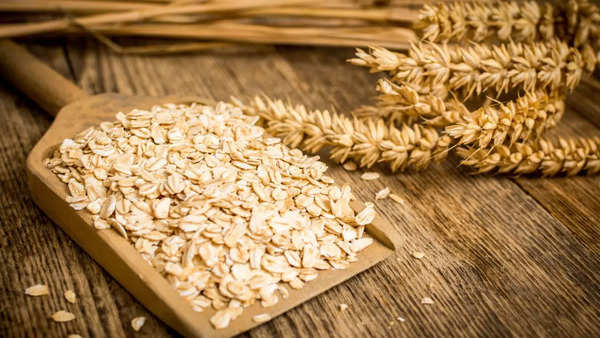
Oat grains are highly versatile and nutritious
What are oats?Oats scientifically known as Avena sativa, is a cereal grain that is cultivated for its edible seeds.

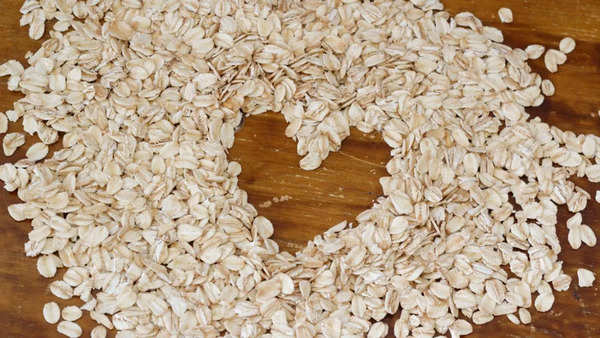
The beta-glucan fiber in oats lowers cholesterol levels
- Heart Health:
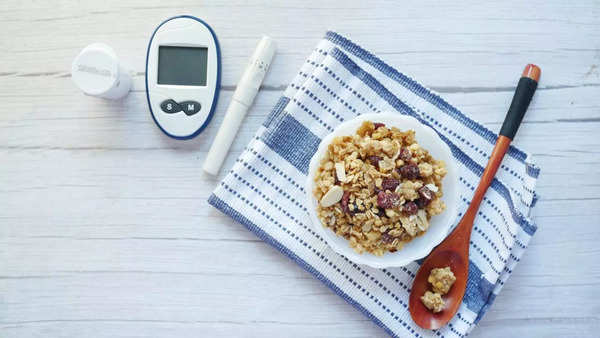
A whole grain, oats are a good source of fiber
- What do the reports say?
whole grains, and says that more than half is even better. A study released by the Harvard School of Public Health and published in the journal JAMA Internal Medicine found it seems that promoting whole-grain consumption can result in living longer.
The report analyzed whole grain intake and mortality risk in more than 1,00,000 men and women. With adjustments for other diet and lifestyle factors, for example, for every additional daily serving of whole grains, the risks of death from all causes and cardiovascular disease decreased by 5 and 9 percent, respectively.

Oats supports stable levels of blood sugar in the bod
- Blood Sugar Control:
- Study shows, people who eat oats consume less alcohol:
Paleo-dieters say no to oats
Those who are paleo-dieters avoid grains, like oats, because, the cave-dwelling ancestors didn't eat them. But a new research proves them wrong. According to an article that recently appeared in the journal PNAS, archaeologists have uncovered evidence of early equipment that would have been used to grind such grains as oats. It looks like humans have been oat lovers for thousands of years.
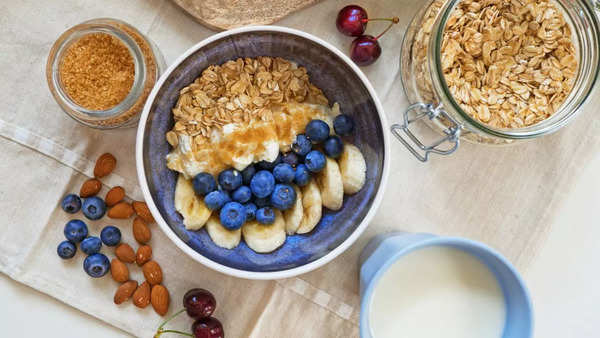
This indicates that oats can be taken daily as well.
- Can oats be consumed everyday?
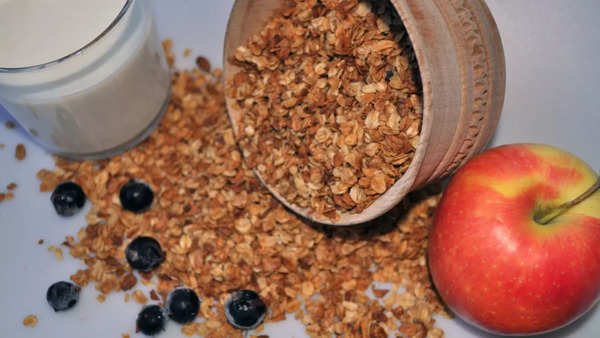
Avoid those oats with added artificial ingredients and extra processing.
- But are we eating the right kind of oats?
There are mainly 2 types of oats available in the market, Steel-cut oats and rolled oats both offer health benefits, but they differ in processing and texture. Steel-cut oats are the least processed, retaining more fiber and nutrients, and have a chewy texture. They take longer to cook but provide a nuttier flavor. Rolled oats, also known as old-fashioned oats, are steamed and flattened, making them quicker to cook with a softer texture, but they loose most of the fibre and nutrition while getting processed.
When it comes to added artificial flavors and preservatives, these can indeed be harmful. Many instant oatmeals contain added sugars, artificial flavors, and preservatives to enhance taste and shelf life. These additives can lead to health issues like obesity, diabetes, and heart diseases. Therefore, it's best to choose plain oats and add natural flavors like fruits, nuts, and spices while one cooks.
In the market, you can find various types of oats: whole oat groats, steel-cut oats, Scottish oats, oat bran, and oat flour. Each type varies in processing and cooking time, but all can be part of a healthy diet if you avoid those with added artificial ingredients and extra processing.
End of Article
FOLLOW US ON SOCIAL MEDIA










